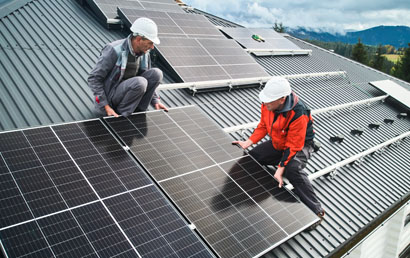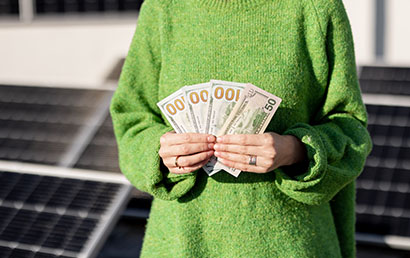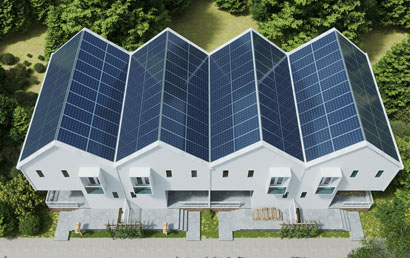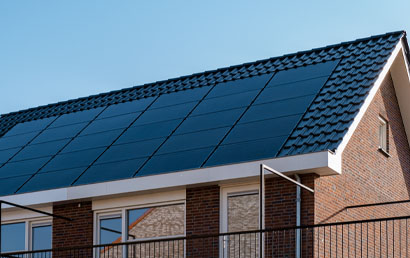Introduction
As the global community intensifies its focus on sustainable living, the quest for clean energy solutions has gained significant momentum. Solar power, in particular, has emerged as a promising option, offering both environmental benefits and potential financial savings. However, a critical question looms large for those considering the transition to solar energy: Is the initial investment worth it? In this article, we will delve into the various aspects of this solar conundrum to help you make an informed decision.
Understanding the Initial Investment
Solar panels, inverters, and installation costs constitute the initial investment in a solar energy system. While the upfront expense can be substantial, it is essential to view it as a long-term investment with the potential for considerable returns.
Financial Incentives and Rebates
Before dismissing solar as financially burdensome, it's crucial to explore the various financial incentives and rebates available. Federal, state, and local governments often offer incentives to encourage the adoption of solar energy, significantly offsetting the initial costs. Researching and leveraging these incentives can make the investment more palatable.
Return on Investment (ROI)
One of the key metrics in evaluating the worth of a solar investment is the return on investment. The ROI is influenced by factors such as energy savings, government incentives, and the cost of installation. With advancements in solar technology and decreasing panel prices, many homeowners experience a positive ROI within a reasonable timeframe.
Energy Cost Savings
One of the primary benefits of solar energy is the potential for significant savings on energy costs. Solar panels generate electricity from sunlight, reducing dependence on traditional grid power. Over time, the energy generated by solar panels can lead to substantial savings, making the initial investment worthwhile for budget-conscious individuals and businesses alike.
Environmental Impact
Beyond financial considerations, the environmental impact of solar power is a crucial aspect. Solar energy is clean, renewable, and reduces carbon emissions associated with traditional energy sources. For environmentally conscious individuals, the positive impact on the planet may outweigh the initial investment, adding an intrinsic value to the decision.
Increasing Property Value
Studies show that homes equipped with solar panels often have higher property values. As sustainability becomes a more significant factor in real estate, solar installations are considered valuable assets. This increase in property value can contribute to the overall worth of the initial solar investment.
Technology Advancements
The solar industry is dynamic, with ongoing advancements in technology. As the efficiency of solar panels improves and costs continue to decrease, the overall value proposition of solar energy becomes more attractive. Investing in solar technology today may offer greater benefits over time as innovations continue.
Mitigating Energy Price Volatility
Traditional energy prices can be volatile, subject to market fluctuations and geopolitical events. By investing in solar energy, individuals and businesses can hedge against this volatility, providing a level of stability and predictability to their energy costs over the long term.
Consideration of Location and Sunlight Exposure
The effectiveness of a solar energy system is influenced by the geographical location and the amount of sunlight the installation site receives. Areas with abundant sunlight are more conducive to solar power generation, leading to higher energy yields. Before investing, it's essential to assess the solar potential of your location to ensure optimal returns.
Financing Options
Recognizing that the initial investment can be a barrier for some, various financing options are available. Solar leases, power purchase agreements (PPAs), and solar loans provide alternatives that allow individuals to adopt solar energy with little to no upfront costs. Exploring these financing options can make solar more accessible and affordable.
Conclusion:
In determining whether solar is worth the initial investment, it's crucial to consider a multifaceted perspective. While the upfront costs may seem daunting, the financial incentives, energy cost savings, environmental benefits, and potential increase in property value contribute to the overall worth of a solar investment. As technology advances and the world moves towards a more sustainable future, the long-term benefits of harnessing solar power become increasingly evident. Ultimately, the decision to invest in solar energy is a forward-looking one that goes beyond immediate financial considerations, offering a pathway to a cleaner, greener, and more sustainable future.








